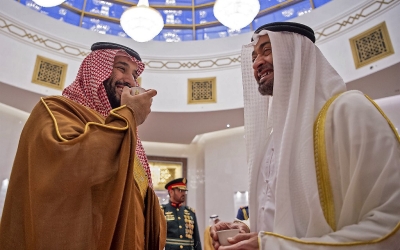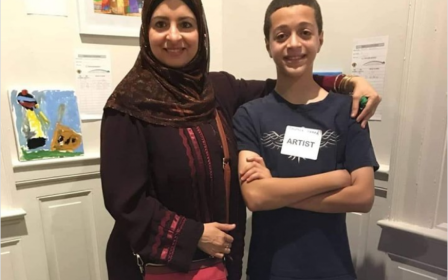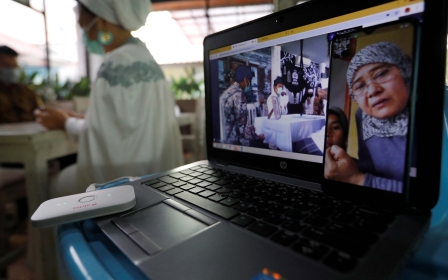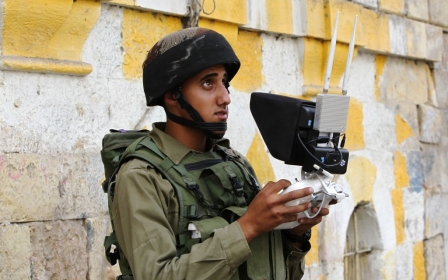Facebook dismantles 'disinformation network' tied to Iranian state media
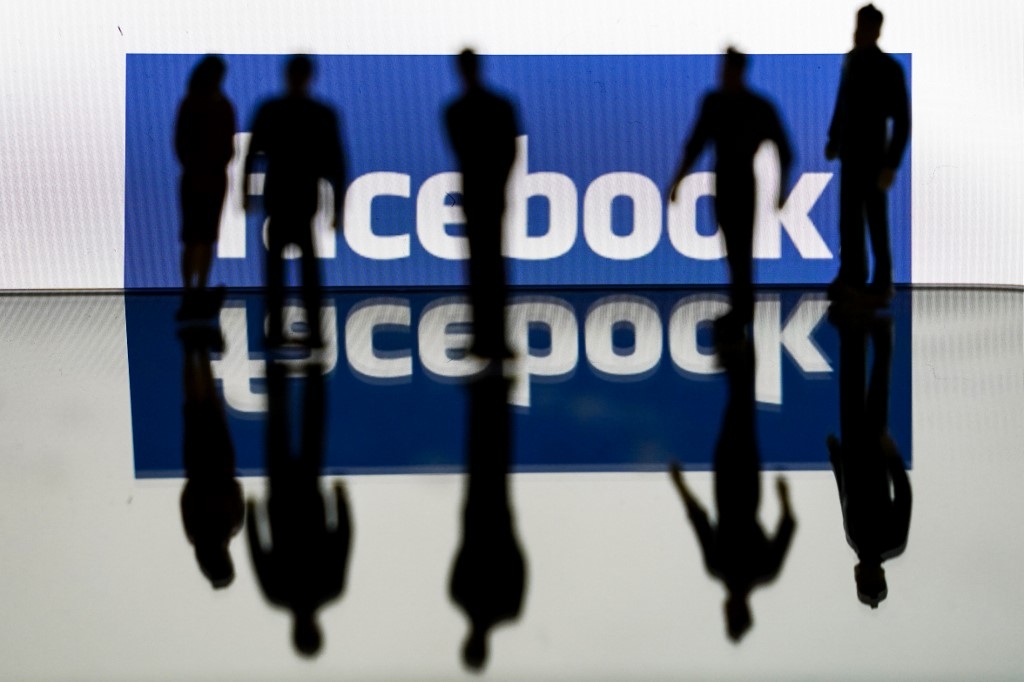
Iran's state broadcaster has been accused of using hundreds of fake social media accounts to covertly spread pro-Iranian messages since 2011, targeting voters in countries including Britain and the United States, a new report by Facebook has said.
At least eight networks of accounts were removed for so-called "coordinated inauthentic behaviour", Facebook's monthly report said on Tuesday, including one with links to the Islamic Republic of Iran Broadcasting Corporation (IRIB).
The IRIB-linked network on Facebook included at least 118 pages, 389 personal accounts and 27 groups, the report said. Another six Instagram accounts linked to the network were also suspended.
'This whole takedown underlines how persistent the Iranian state is when it comes to covert influence operations'
-Ben Nimmo, head of investigations at Graphika
Nathaniel Gleicher, Facebook's head of cybersecurity policy, told Reuters that the IRIB-linked network had "substantial connections" to previously identified Iranian disinformation campaigns, but it was too early to say whether it was directly responsible for those operations.
The state-owned IRIB, controlled by Iranian Supreme Leader Ayatollah Ali Khamenei, did not immediately respond to a request for comment, the news agency said.
New MEE newsletter: Jerusalem Dispatch
Sign up to get the latest insights and analysis on Israel-Palestine, alongside Turkey Unpacked and other MEE newsletters
Iranian officials have previously dismissed allegations of running coordinated disinformation campaigns as "ridiculous".
Iran has emerged as one of the most persistent players in online influence operations, as Facebook, Twitter and Google have had to grapple with state-backed groups using social media to further their geopolitical agendas and spread disinformation.
"In general, these were narratives that are aligned with Iranian geopolitical interests," Gleicher said.
Years in the making
A Reuters investigation in 2018 found that one Tehran-based operation had used more than 70 websites masquerading as local news outlets to covertly disseminate Iranian state propaganda in more than 15 countries, at one point tricking the then Pakistani defence minister into issuing a nuclear threat against Israel.
Iranian officials in Tehran and London did not reply to questions about the operation at the time.
Gleicher said the newly identified network had used similar tactics, including posing as independent media websites and charitable organisations, to target countries from Algeria and Bangladesh to the UK and Zimbabwe.
The network used more than 500 accounts on Facebook and its photo-sharing site, Instagram, to spread messages that often focused on local conflicts or criticism of US actions in the region, he said. "In general, these were narratives that are aligned with Iranian geopolitical interests."
Researchers at social media analytics firm Graphika, who reviewed the IRIB-linked accounts before they were suspended by Facebook, said some of the earliest-identified activity dated back to 2012 and targeted the US Republican party primaries.
Two years later, other accounts in the network used a handful of fake personas, memes and cartoons to support Scotland's referendum bid to break away from the United Kingdom, the firm said.
Graphika's head of investigations, Ben Nimmo, said those attempts were short-lived, but show that Iran was experimenting with online election meddling years before alleged Russian attempts to sway the 2016 US presidential vote. Moscow has repeatedly denied the accusations.
"The Iranian experiment was relatively tiny and didn't last long or have any noticeable impact," he said.
"This whole takedown underlines how persistent the Iranian state is when it comes to covert influence operations."
In addition to the Iran-link accounts, the company said it had removed a US network of fake accounts linked to QAnon, a fringe conspiracy group that claims Democrats are behind international crime rings, as well as a separate US-based campaign with ties to white supremacist websites VDARE and the Unz Review.
Other networks that were taken down in April included those with links to Russia, Mauritania, Myanmar and Georgia, the report said.
Middle East Eye delivers independent and unrivalled coverage and analysis of the Middle East, North Africa and beyond. To learn more about republishing this content and the associated fees, please fill out this form. More about MEE can be found here.


